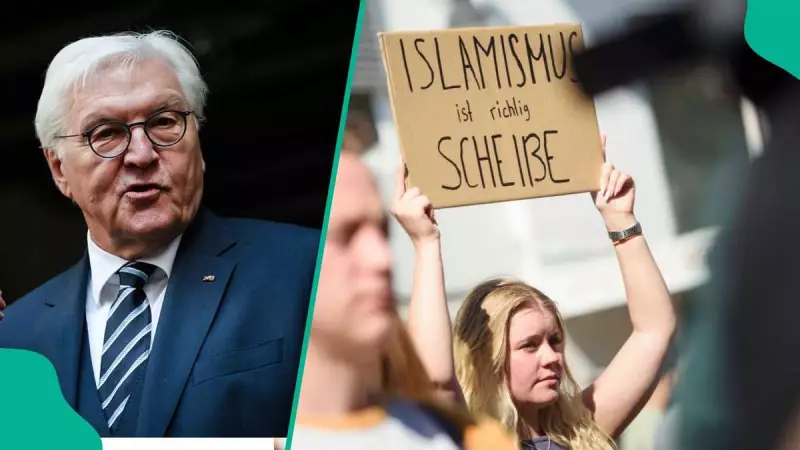
In a sweeping security operation that spanned multiple German states, authorities have implemented a complete ban on the Islamic Centre Hamburg and two additional organizations following intensive investigations into their activities.
The decisive action saw law enforcement officials conduct simultaneous raids across several key locations, including Hamburg, Hesse, and Bavaria. The coordinated operation targeted properties linked to the banned groups as part of Germany's ongoing efforts to combat extremism.
Widespread Security Operations
German interior ministry officials confirmed that the ban extends beyond just the Islamic Centre Hamburg to include two other organizations operating within the country. The move represents one of the most significant security measures taken by German authorities in recent months.
Security forces executed search warrants at multiple premises connected to the banned groups, seizing documents and electronic devices as part of their evidence-gathering process. The operations were described as "extensive and coordinated" by officials familiar with the matter.
Official Justification for the Ban
According to government statements, the organizations were prohibited due to substantial evidence indicating their involvement in activities that threaten Germany's constitutional order and national security. The Islamic Centre Hamburg has been under surveillance for considerable time before this decisive action.
German interior minister Nancy Faeser emphasized that the ban demonstrates the government's unwavering commitment to protecting democratic values and national security. "We will not tolerate any form of extremism that threatens our democratic way of life," she stated during a press briefing.
International Implications
The banning of these groups has drawn attention from international observers, particularly given Germany's strategic position in European security matters. The move signals Berlin's continued hardline approach toward organizations deemed to pose security risks.
Security analysts suggest this action may prompt similar reviews in other European nations monitoring related organizations within their borders. The German model of dealing with such groups often influences policy discussions across the continent.
This development comes amid ongoing European discussions about balancing religious freedom with national security concerns, particularly regarding organizations with suspected extremist ties.






